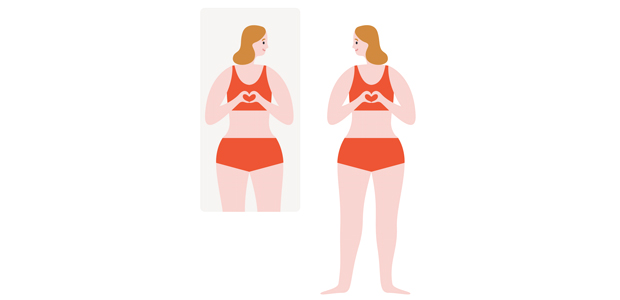
Why FemTech might be the sustainability saviour we have been waiting for
Taking single use plastics out of circulation is no easy feat, but the answer might lie closer than we think.
FemTech: The Beginnings
The term FemTech was initially coined to describe the powerful offering from tech start-ups as they ventured into developing revolutionary products centred around women’s health needs. Whilst the beginnings were humble, we have seen a whole host of innovations enter the market which have changed the game for women and business leaders around the globe.
Fast forward to 2020, FemTech is an industry predicted to be worth $50 billion by 2025 and a powerhouse that is not just tackling women’s health issues but also helping to solve major environmental and sustainability crisis that we face today.
The fearless female entrepreneurs have founded and grown businesses that are continuing to help women across the globe deal with issues such as fertility, periods, sexual wellness, pregnancy and many others. And the best is yet to come.
It is a Man’s World
Traditionally, both technology and medical sectors have been very slow in tackling women’s issues and notoriously lagged in developing products and tools that address issues predominantly affecting women. Whilst figures show that women spend 29% more on healthcare than men, only 4% of overall R&D funding goes towards developing products for the women’s sector therefore the market is ripe for disruption.
As a woman, a mother and entrepreneur I knew that like many others I had to take matters into my own hands.
Following an incident with incontinence whilst training for a marathon in 2011 after the birth of my second child, I recognised the need to innovate apparel that offered a dignified, supportive and sustainable solution for women to manage leaks from periods, incontinence and everything in between. After two years of product development and over 1000 scientific tests, I founded Modibodi in 2013 with a long term view of breaking taboos, opening minds and offering a reusable, sustainable option for sanitary products that’s not just for women – but for the benefit of all bodies on this planet and the environment too. Now, we’ve expanded on that notion to support all people, including men who suffer incontinence, sweating and chafing, providing them with a reusable, sustainable option with our Modibodi Men range.
As you can imagine, this was far from simple not just due to tech and business sectors being notoriously dominated by men, with figures showing that 98% of VC funding goes towards male founded products but also because we were not just selling a new brand of lipstick or gym-wear, we had created a whole new product category based on talking about things that made people and retailers uncomfortable.
As a social advocate for women’s health issues and rights I knew that I needed to persevere because the amalgamation between technology and feminism is a major force of social change and one that can have wide scale impact on our world.
The Sustainability Story
The sustainability agenda has really taken off in the last couple of years, especially in our war against single use plastic. But it occurred to me very early on that we are not doing enough and there are still areas that need urgent review.
Very early on in the development stage of Modibodi I knew that sustainable sanitary products could be a game changer in eliminating single use plastics from circulation and whilst the world and respective governments were focusing on plastic straws, I felt the change needed to come from numerous angles and streams of consumerism.
The proof of concept was starring us right in the face, the average woman uses an average of 11,000 disposable feminine hygiene products in her lifetime and these convenient products come with an inconvenient environmental cost. They take 500 to 800 years to biodegrade, which means the first ever tampon and pad is still in landfillEven more alarmingly, 8% of all waste that enters water treatment works comes from period waste, including non-flushable items such as pantyliners.
This is why I believe that the revolutionary innovations that are born out of the FemTech sector have capabilities to be one of the key drivers of the sustainability agenda. There is something remarkably special about a group of purpose driven businesses that can connect with consumers through a collective set of values to drive change and be a force for good.
What’s Next?
As most purpose driven business leaders will tell you, the fight never stops as the world evolves and continues to change. The sheer growth in the FemTech sector and the capabilities developed to date have changed millions of lives around the globe.
As an industry and a movement, we’ve also managed to play our part in driving the sustainability agenda and I will argue that actually the wide scale change and unity needed to continue making strides in eradicating single use plastic from our circulation will come from within the powerhouse that is FemTech.
The sheer capacity for change can be easily demonstrated if we look at the granular data and its potential for growth. If just 100,000 young girls use Modibodi alone from the start of their menstrual cycle, this would prevent 1.1 billion disposable hygiene products from ending up in landfill or 1.5 million garbage bags of waste. As of May 2020, our global base of 500,000 customers alone have prevented an estimated 2.5 million garbage bags of disposable hygiene waste from ending up in landfill or flushed into the ocean.
With the FemTech industry growing at a racing speed, I have no doubt that we are at the tipping point of pioneering wave of inventions that will take the agenda further and have the capacity and means to lead the movement. It is up to the trade organisations and world leaders to recognise the potential that such businesses and brands carry in order help to facilitate its growth trajectory.

